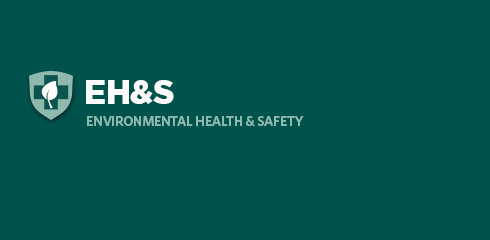Air Quality (Indoor & Outdoor)
Air quality is defined as the state of the air around us. Air pollution occurs when the air contains gases, dust, fumes or odors in harmful amounts. That is, amounts which could be harmful to the health or comfort of humans and animals or which could cause damage to plants and materials.
Indoor
The Environmental Protection Agency (EPA) defines Indoor Air Quality (IAQ) as the quality of the air inside buildings as represented by concentrations of pollutants and thermal (temperature and relative humidity) conditions that affect the health, comfort, and performance of occupants.
Since the 1970s, efforts to conserve energy have created buildings that are sealed tighter than ever before. Couple this with the increase in consumer products and building materials containing hazardous pollutants, and its apparent why indoor air quality is a concern.
The goal is to provide a safe and healthy working environment by proactively identifying and controlling pollutants and thermal conditions that negatively impact indoor air quality.
Outdoor
Outdoor air quality refers to the quality of outdoor air in our surrounding environment. It is typically measured near ground level, away from direct sources of pollution.
Responses to IAQ Concerns
Extremely strong and acutely irritating odors immediately dangerous to life or health (burning smell or visible smoke, odor of gas leak):
- Evacuate the area, and call Campus or Public Safety.
- Should an “imminent danger” situation exist such as a significant chemical spill or evidence of smoke, an IAQ investigation may be conducted with the assistance from EH&S with or without subcontractors.
Chemical use or spills, natural gas, electrical burning smells and other non-life-threatening odors:
Call your Facilities Department.
Temperature, humidity, dust and musty odor issues:
Call your Facilities Department.
Report Other Indoor Air Quality Problems
Complete a work order on School Dude. Faculty, adjuncts, or staff member who believes that (s)he is being adversely affected by the quality of their indoor air should contact the institution’s Human Resources Department (HR). The reporting party can remain anonymous, if desired, but somehow needs to communicate the concern to HR.



 Hot Topics
Hot Topics